|
LISTEN TO THIS THE AFRICANA VOICE ARTICLE NOW
Getting your Trinity Audio player ready...
|
The presence of Burkina Faso’s military leader, Captain Ibrahim Traoré, at Ghana’s presidential inauguration took an unexpected turn when he appeared armed with a holstered pistol. His decision to openly carry a sidearm during President John Mahama’s swearing-in ceremony on Tuesday sparked intense discussion about protocol, trust, and regional politics.
Traoré’s choice to attend the high-profile event with a visible weapon raised eyebrows, not only for its rarity but also for the timing. The event, which hosted 21 heads of state, was intended to celebrate Ghana’s democratic transition after Mahama’s decisive electoral victory over opposition candidate Mahamudu Bawumia. However, Traoré’s armed presence became the focus of widespread debate.
Observers questioned whether Traoré’s actions reflected personal distrust in Ghanaian security arrangements or broader tensions between the two nations. Security analyst Dr. Vladimir Antwi-Danso called the move “unusual” and suggested it pointed to a breakdown in coordination between Ghanaian and Burkinabe officials. “The host country is typically responsible for the security of visiting leaders. Such scenarios are meant to be handled diplomatically well in advance,” he told the BBC.
Meanwhile, retired Colonel Festus Aboagye proposed a different angle, suggesting that Traoré’s actions might have been sanctioned as part of a bilateral understanding. “It’s possible there was an agreement allowing him to carry his sidearm, perhaps as part of his personal security detail,” he explained, while dismissing claims of a significant security breach.
Traoré’s armed appearance comes at a time of heightened regional instability. Burkina Faso, alongside Mali and Niger, recently exited the Economic Community of West African States (ECOWAS) to form the Alliance of Sahel States. The alliance, formed in response to growing frustrations with ECOWAS, accuses the bloc of meddling in the internal affairs of member states, particularly those governed by military juntas.
The symbolism of Traoré attending a democratic inauguration while visibly armed did not go unnoticed. Emmanuel Bensah, an expert on regional integration, remarked, “It creates a stark contrast—on one side, you have a celebration of democracy, and on the other, a display of military authority. It raises questions about the direction of leadership in the Sahel.”
The tensions between Burkina Faso and Ghana are not new. Last year, former Ghanaian President Nana Akufo-Addo accused Traoré of hosting Russian mercenaries, a claim that Traoré denied but that significantly strained relations between the two nations. Against this backdrop, Traoré’s participation in the inauguration was seen as a tentative step toward easing diplomatic friction.
However, some analysts have argued that the pistol may have had a symbolic purpose beyond personal security. In a region marred by ongoing jihadist insurgencies, where Burkina Faso has faced relentless attacks, Traoré’s weapon could have served as a statement of resilience or a reminder of the challenges he faces at home.
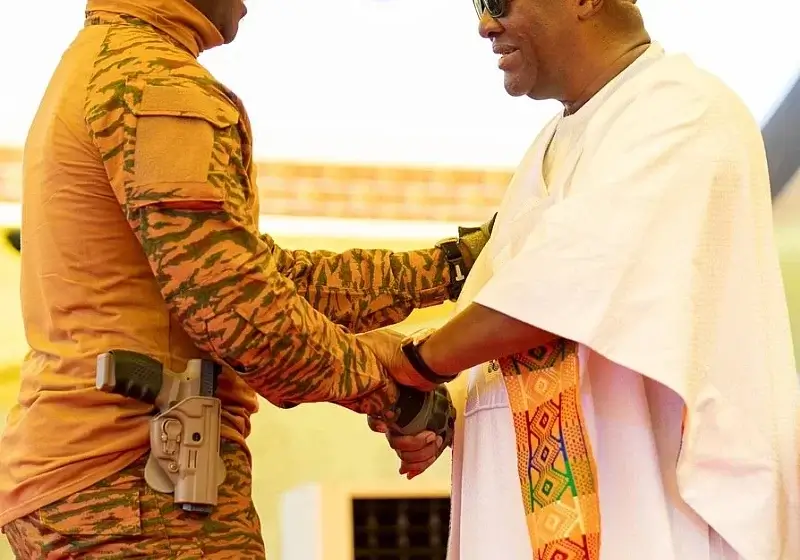



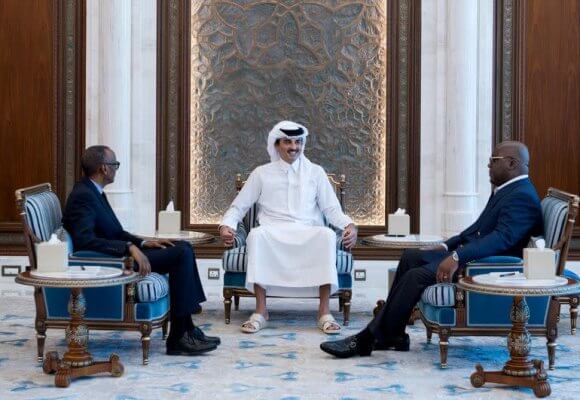
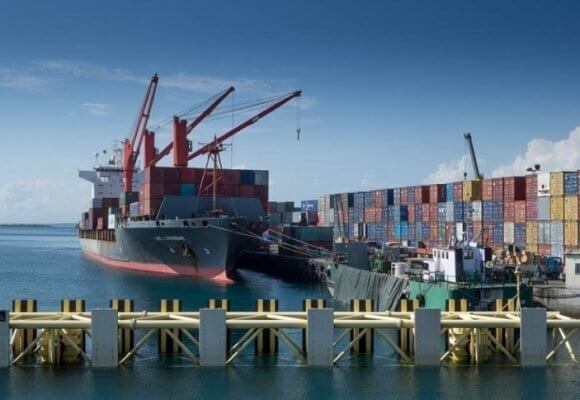
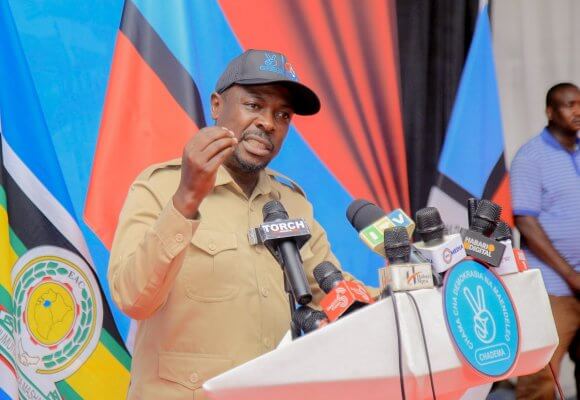
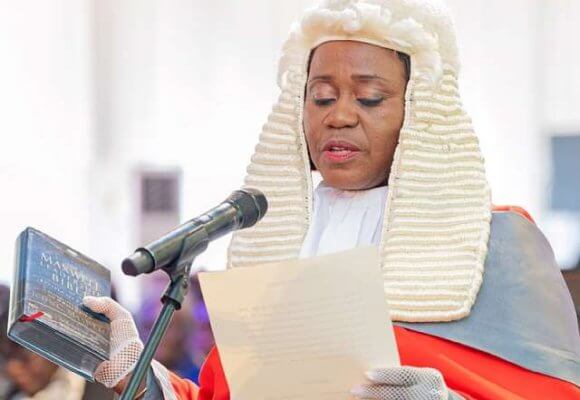
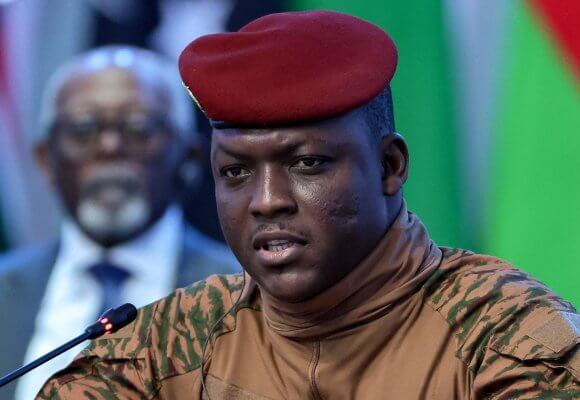

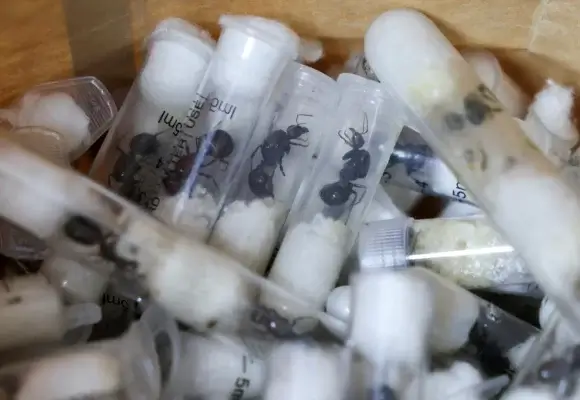
LEAVE A COMMENT
You must be logged in to post a comment.